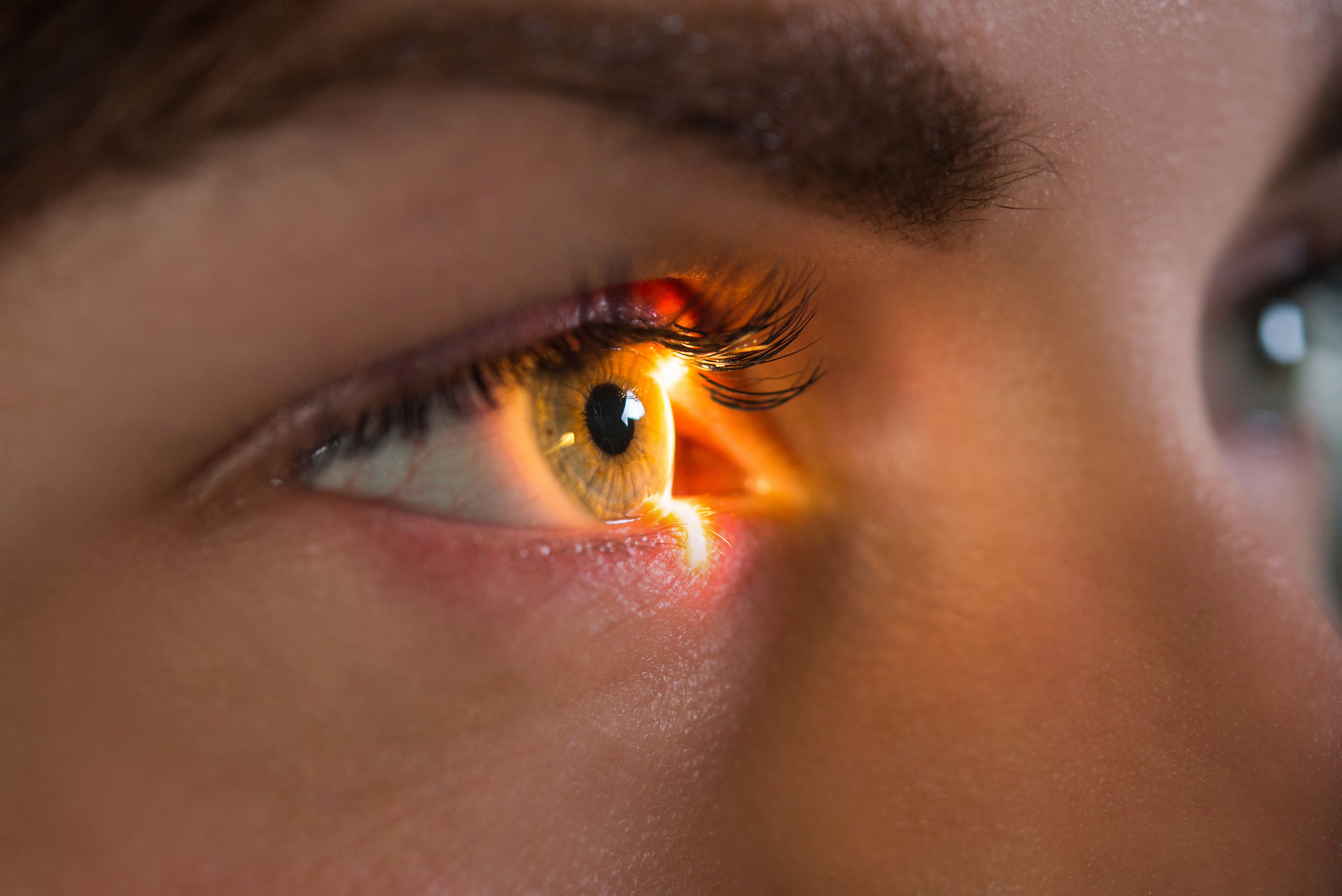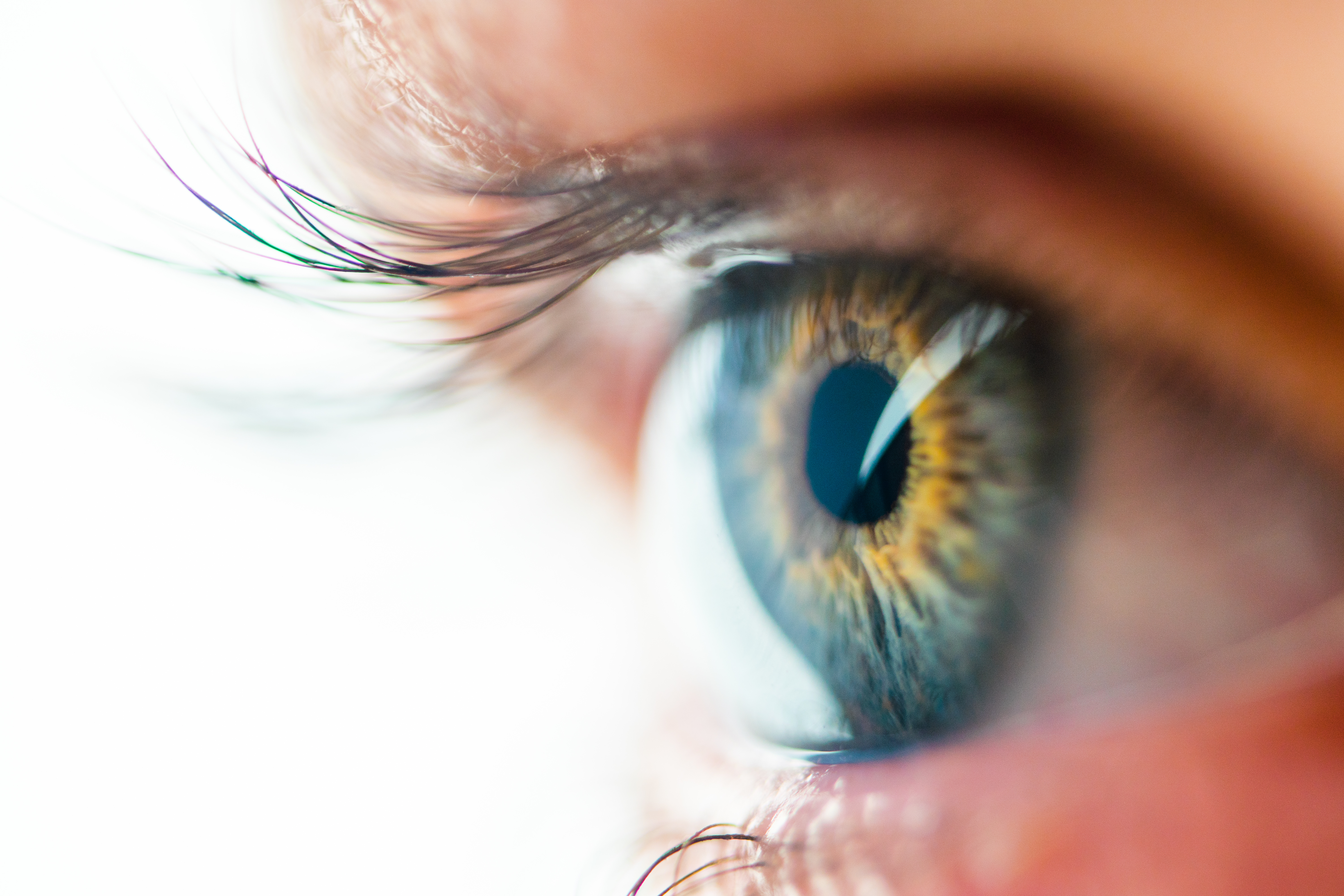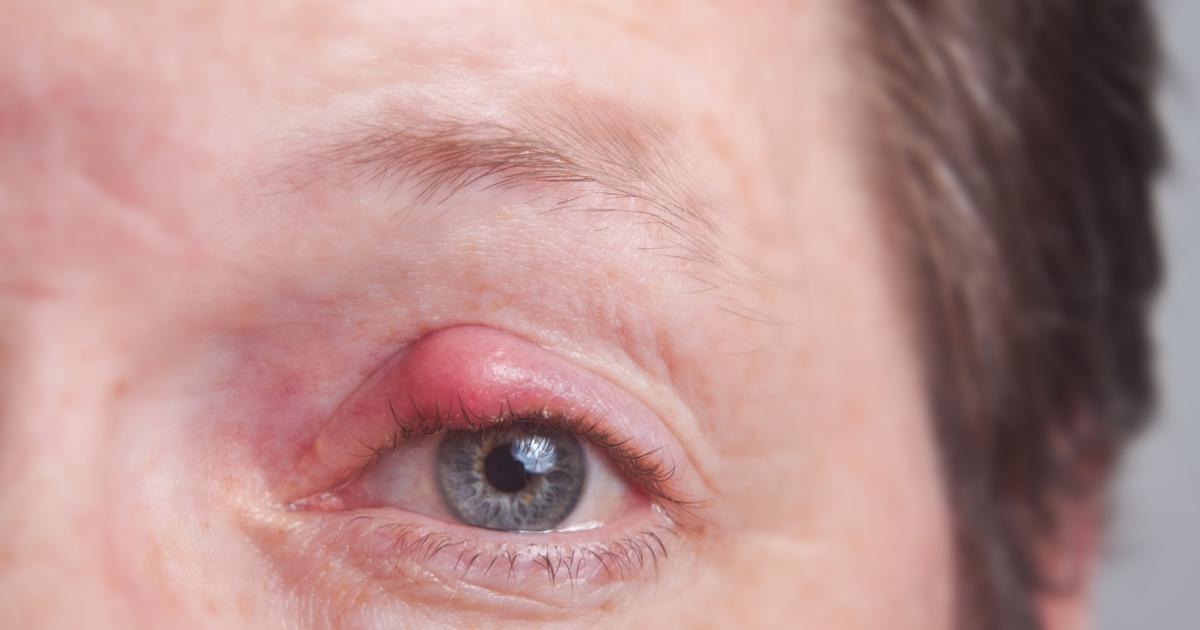

Dr. Edmund P. Farris, MD
Ophthalmologist
24 Saw Mill River Rd Suite 202 Hawthorne NY, 10532About
Edmund P. Farris is a board-certified ophthalmologist and fellowship-trained glaucoma specialist who sees patients at Hudson Valley Eye Associates in Hawthorne, NY. An Associate Clinical Professor of Ophthalmology at New York University, he lends his expertise as a consultant to major ophthalmic pharmaceutical companies. With 25 years of experience in the ophthalmology arena, Dr. Farris specializes in the diagnosis and management of all types of glaucoma and associated ocular conditions. Over the years, he has performed thousands of glaucoma surgeries. In addition, Dr. Farris performs cosmetic procedures, such as Botox injections for facial rejuvenation, and utilizes intense pulsed light (IPL) therapy for the treatment of dry eye. He is currently affiliated with the New York Eye and Ear Infirmary of Mount Sinai. Prior to joining Hudson Valley Eye Associates, Dr. Farris was the Director of Glaucoma Services at Metropolitan Hospital, Bellevue Hospital, and the Manhattan VA Hospital. Furthermore, he has lectured extensively throughout the country on numerous topics related to glaucoma and his scientific papers have been published in national and international journals.
Dr. Edmund P. Farris, MD's Videos
Education and Training
University of Toledo College of Medicine and Life Sciences 1992 0
Board Certification
American Board of Ophthalmology; Ophthalmology
Provider Details

Dr. Edmund P. Farris, MD's Expert Contributions
How do you stop dry eyes at night?
There are many reasons why some people develop dry eyes. In today’s society, one of the main causes is the constant use of computers, cell phones and digital media. When staring, you do not blink as often. This can lead to loss of function of the glands in the eyelid responsible for keeping your tears healthy and your eyes lubricated. There are many other causes including medications and disorders which can cause dry eye. In addition, hormonal changes, especially in women, may be a factor. You are young to have severe dry eye, so may be related to computer use or contact lens wear. Initial therapy would consist of artificial tear drops alone or in combination with gel at night. Humidifiers may also help. Some advocate the use of omega-3 fatty acid use as well. More advanced dry eyes may require medication in eye drops or other treatments such as Intense pulsed light therapy (IPL), meibomian gland expression or serum tear therapy. READ MORE
What does optic neuritis feel like?
Optic neuritis is a disorder that affects the optic nerve with inflammation. It is often associated with Multiple Sclerosis. One does not feel anything in most cases. It presents with decreased vision and color vision loss of fast onset. You should be seen by a trained eye doctor quickly to be diagnosed and treated. READ MORE
What happens if you don't use eye drops after cataract surgery?
Without using the appropriate eye drops after cataract surgery, you would be subject to possible infection, inflammation, and permanent vision loss. Follow your doctor's instructions in order to achieve your best results. READ MORE
How do you treat a viral eye infection?
Contrary to belief, antibiotic drops do not help on viral conjunctivitis. Antibiotics only treat bacteria. In general viral conjunctivitis is treated supportively, using tear drops, cold compresses and hygiene. Separate your towels and avoid touching your eyes as this could be contagious. The viral eye changes will dissipate over time. READ MORE
What fluid should ideally be used when irrigating eyes?
I do not generally recommend irrigating the eyes unless a chemical substance is splashed. Irrigation would remove the products that keep the eyes healthy and lubricated properly. If the eyes feel dry or irritated, using simple artificial tear drop preparations are a better choice. Edmund P. Farris, MD READ MORE
Expert Publications
Data provided by the National Library of MedicineAwards
- America’s Top Ophthalmologists Year
Professional Memberships
- American Academy of Ophthalmology
- Alpha Omega Alpha Honor Medical Society
- American Glaucoma Society
Fellowships
- Icahn School of Medicine at Mount Sinai Glaucoma Surgery 1997
Internships
- Akron City Hospital1993Internal Medicine
Fellowships
- Icahn School of Medicine at Mount Sinai1997Glaucoma Surgery
Professional Society Memberships
- American Glaucoma Society Alpha Omega Alpha Honor Medical Society American Academy of Ophthalmology
Dr. Edmund P. Farris, MD's Practice location
Dr. Edmund P. Farris, MD's reviews
Write ReviewPatient Experience with Dr. Farris
Media Releases
Get to know Ophthalmologist Dr. Edmund P. Farris, who serves patients in Hawthorne, New York.
Dr. Farris, a board-certified ophthalmologist and a fellowship-trained glaucoma specialist, has been in practice since 1997. He works at Hudson Valley Eye Associates in Hawthorne, New York.
Founded in 1982, Hudson Valley Eye Associates is dedicated to providing complete eye care, from routine eye examinations to complex corrective surgeries. Patients of all ages will find they can trust Hudson Valley Eye Associates’ board-certified ophthalmologists, among the top in Westchester County, to not only provide state-of-the-art medical care utilizing advanced diagnostic equipment, but also to do so with a genuine commitment to their health and well-being. As one of Westchester County’s leading comprehensive practices exclusively dedicated to eye health, Hudson Valley Eye Associates conducts comprehensive exams to accurately detect eye disease or other abnormalities early, often before they present any symptoms.
The doctor’s practice is focused on glaucoma subspecialty work, but he welcomes general ophthalmology patients as well. He is proud to offer his patients the best in the diagnosis and management of all types of glaucoma and associated ocular conditions, and has performed thousands of procedures during his 20 years of practice. In addition, he performs intense pulse light therapy for dry eye and numerous cosmetic applications, and has performed Botox injections for facial rejuvenation for over 15 years.
Throughout his academic career, Dr. Farris received his undergraduate degree from Northwestern University and his medical degree from the Medical College of Ohio, where he was named to the Alpha Omega Alpha Honor Medical Society. He then completed his residency in ophthalmology at New York Medical College, where he served as chief resident. This was followed by a glaucoma fellowship at The Mount Sinai School of Medicine.
In recognition of his clinical competence, he is board-certified through the American Board of Ophthalmology, whose mission is to serve the public by improving the quality of ophthalmic practice through a process of certification and Maintenance of Certification that fosters excellence and encourages continual learning.
A Fellow of the American Academy of Ophthalmology and a Fellow of the American Glaucoma Society, Dr. Farris has served as the Director of Glaucoma Services at Metropolitan Hospital, Bellevue Hospital, and the Manhattan VA. He holds the title of Associate Clinical Professor of Ophthalmology at New York University, where he has helped train over 100 resident ophthalmologists.
Ophthalmology is a branch of medicine and surgery, which deals with the diagnosis and treatment of eye disorders. Ophthalmologists are experts in the diseases, functions, and anatomy of the eye. They may provide routine care such as vision testing, as well as prescribe and fit eyeglasses or contact lenses. However, ophthalmologists are also surgeons. They repair traumatic injuries to the eye and perform cataract, glaucoma, and corneal surgery.
With extensive knowledge and skills in his defined role, Dr. Farris has lectured extensively throughout the country on numerous topics related to glaucoma and his scientific papers have been published in national and international journals. He is proud to have been named among the Best Doctors in America as well as one of America’s Top Ophthalmologists on numerous occasions. He is a consultant to major ophthalmic pharmaceutical companies, helping to further advance the medical and surgical treatment of glaucoma.
Recommended Articles
- What is Eye Herpes?
What is eye herpes?Eye herpes, or ocular herpes, is a recurrent viral infection that affects the eyes. It is caused by herpes simplex virus type 1. It causes an inflammation of the eye, as well as scarring in the cornea.Eye herpes can be transmitted from one person to another when there is a close...
- What are the Causes and Symptoms of Pink Eye?
Pink eye, or conjunctivitis, is a contagious eye condition caused by the inflammation and infection of the conjunctiva. The conjunctiva is the transparent membrane covering the white part of the eye and the eyeball. Infection and swelling of the the mucous membrane becomes reddish, and the entire...
- What is Blepharitis?
What is Blepharitis?Blepharitis is the inflammation of the eyelids, usually affecting both of the eyelids where eyelashes grow.The inflammation of the eyelids is often a chronic medical condition, which is very hard to treat. Blepharitis is a condition that does not affect vision. It is also not...
- What Is HSV-1?
Herpes Simplex Virus 1 (HSV-1)HSV-1 or herpes simplex virus type 1 is a type of herpes simplex virus that causes cold sores. It is called "oral herpes" because it often causes sores around the mouth or on the lips. Cold sores are also called as fever blisters. However, the sores can also be found...
- What are Eye Floaters?
Eye floaters are small, moving specks on the eyeball that often occur in one's field of vision. These grey or black dots, become more prominent while looking at a bright object. If the floaters are large they may shadow vision, but in most cases, eye floaters are harmless. People often neglect or...
- Everything You Need to Know About Conjunctivitis
What is Conjunctivitis?Conjunctivitis is an inflammation of the conjunctiva (a transparent membrane that covers the white part of the eyeball and lines the eyelids). Conjunctivitis is also known as pink eye, due to the characteristic pink or reddish color of the whites of the eyes.What Causes...
Nearest Hospitals
WESTCHESTER MEDICAL CENTERl
100 WOODS RD VALHALLA NY 10595PHELPS MEMORIAL HOSPITAL ASSNl
701 NORTH BROADWAY SLEEPY HOLLOW NY 10591







